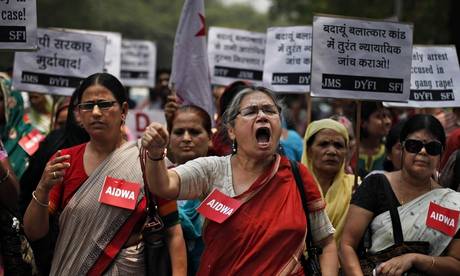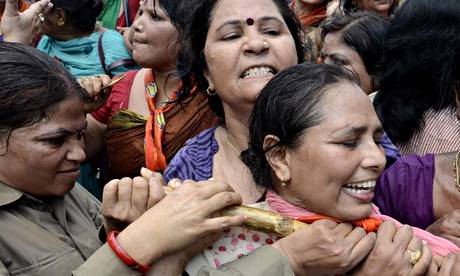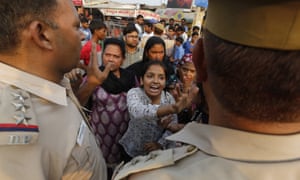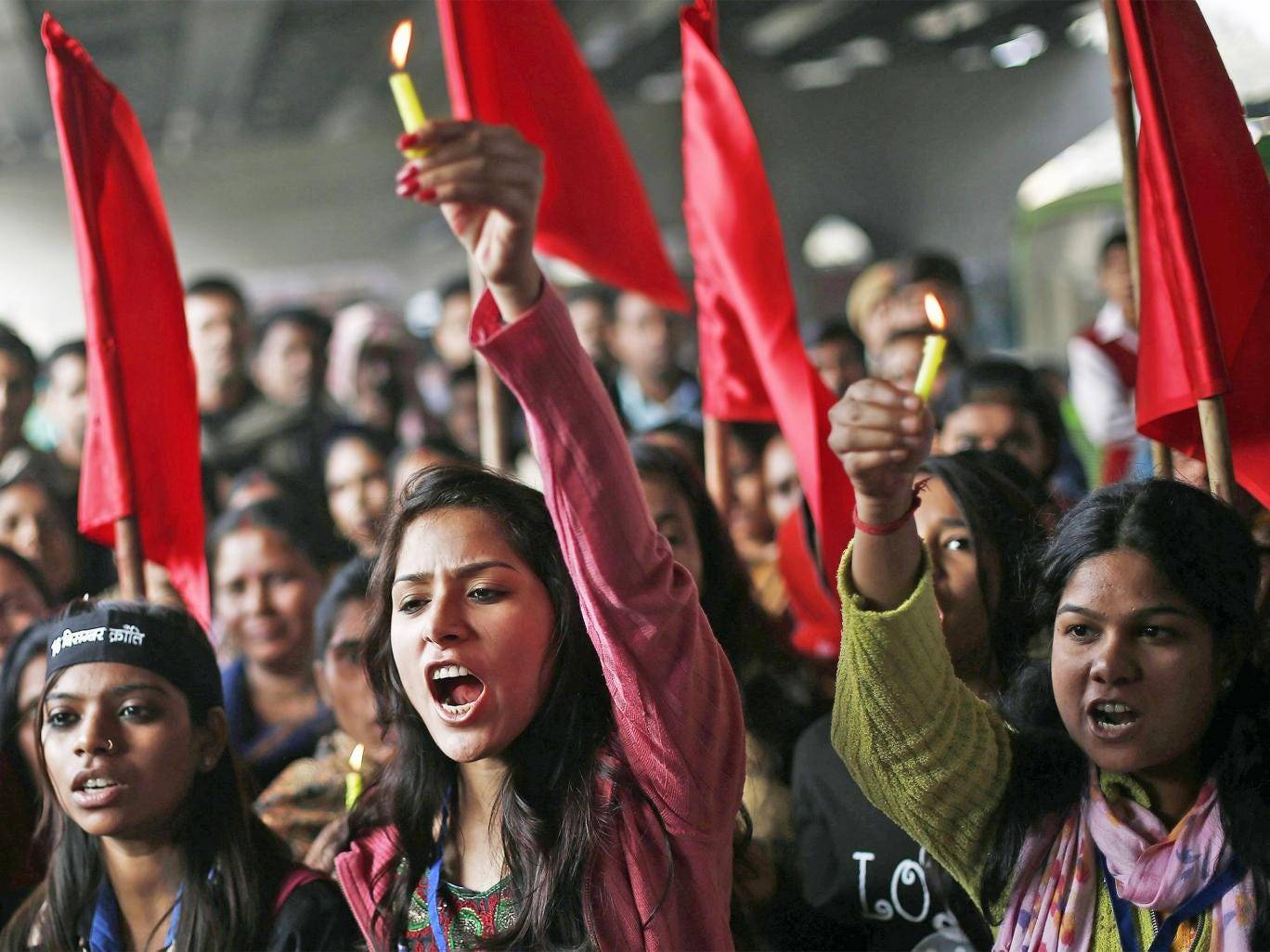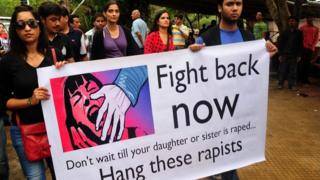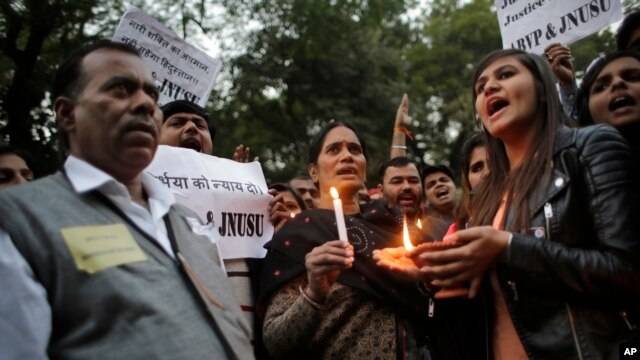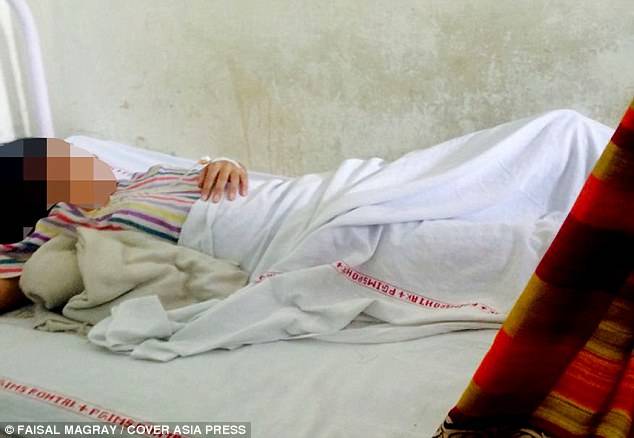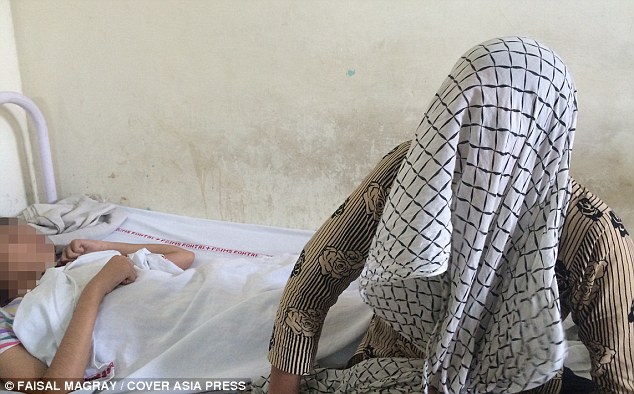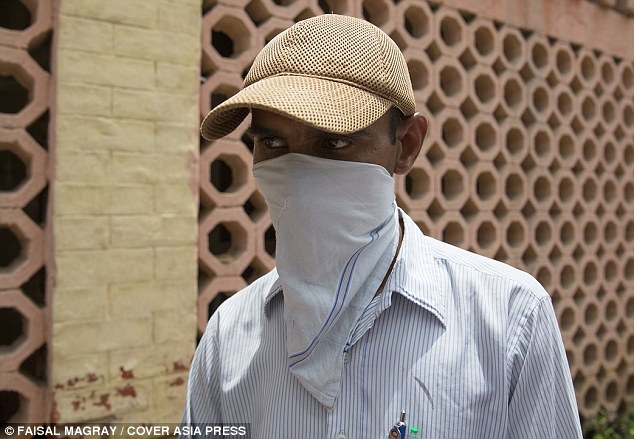waltky
Wise ol' monkey
Police get into big ol' water gun fight with rape protesters...

Police use water cannons on Indian rape protesters
June 2, 2014 — Police used water cannons Monday to disperse hundreds of women protesting violence against women in the northern Indian state where two teenagers were gang-raped and found hanging from a tree.
See also:
Two girls died looking for a toilet. This should make us angry, not embarrassed
Saturday 31 May 2014 ~ Attacks on girls and women as they look for somewhere private to defecate are frighteningly common. Improving basic sanitation, as a global goal, would do a lot to make them safer
Police use water cannons on Indian rape protesters
June 2, 2014 — Police used water cannons Monday to disperse hundreds of women protesting violence against women in the northern Indian state where two teenagers were gang-raped and found hanging from a tree.
The protesters in Lucknow, the capital of Uttar Pradesh state, were demonstrating outside the office of Chief Minister Akhilesh Yadav, demanding that he crack down on rape and other violence against women and girls. Hundreds of police officers, including female officers, pushed and shoved the protesters before deploying water cannons to disperse them. They also demanded that the government curb police indifference, which they said was encouraging attacks against women.
Police in the tiny Uttar Pradesh village of Katra failed to take any action last week when the father of one of the girls reported to police that the two cousins were missing. Two police officers were fired for dereliction of duty after the girls were found gang-raped and killed. Yadav has recommended a federal inquiry, but his government has been widely accused of a lackadaisical approach toward women's safety.

An Indian woman, left, one among the protestors demonstrating outside the office of Uttar Pradesh state chief minister Akhilesh Yadav, demanding that he crack down on an increasing number of rape and other attacks on women and girls, scuffles with police in Lucknow, India, Monday, June 2, 2014. Police used water cannons to disperse hundreds of women who were protesting Monday against a rise in violence against women in the northern Indian state where two teenagers were gang-raped last week and later found hanging from a tree.
Activists and ordinary people said it was as if nothing had changed in the way the police dealt with rape cases since the December 2012 fatal gang rape of a 23-year-old woman aboard a moving bus in New Delhi, the national capital. The outcry following that attack led to laws doubling prison terms for rapists to 20 years and criminalizing voyeurism, stalking and the trafficking of women. The law also makes it a crime for officers to refuse to register cases when complaints are made.
People also are beginning to speak up against violent crimes targeting women, and public protests against police inaction are common. Records show a rape is committed every 22 minutes in India, though it's considered drastically underreported. Victims and their families may not report the crime at all due to social stigma, frustration with court delays or harassment by police. And police may be reluctant to register cases in order to keep down crime figures.
Police use water cannons on Indian rape protesters | CNS News
See also:
Two girls died looking for a toilet. This should make us angry, not embarrassed
Saturday 31 May 2014 ~ Attacks on girls and women as they look for somewhere private to defecate are frighteningly common. Improving basic sanitation, as a global goal, would do a lot to make them safer
Two teenage girls have been gang-raped and killed after doing what half a billion women and girls are forced to do every day – go outdoors to try to find somewhere discreet to go to the toilet. A toilet, bathroom, powder room – whatever you want to call it – at home, at school, at work, in the shopping mall, is something many of us take for granted and cannot talk about without feeling embarrassed. But we must: because the lack of toilets is costing women their lives. Today, 2.5 billion people live without access to a toilet, forcing women to walk to dark and dangerous places to find the privacy they need – those same dark and dangerous places where men wait to attack them.
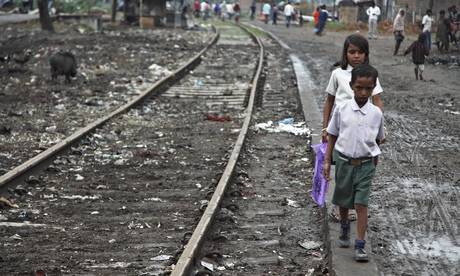
A slum in India: for want of basic sanitation children often defecate near the railway tracks.
So we must stop blushing when we talk about open defecation because it is not something to be embarrassed about: it is something to be angry about. Those two cousins, just 14 and 16 years old, had left their homes in the Indian village of Katra, in Uttar Pradesh, because they had no toilet at home. They were never to return, found hanging from a tree after being brutally attacked. A report in the Times of India in February this year quoted the police in another district of Uttar Pradesh as saying that 95% of cases of rape and molestation took place when women and girls had left their homes to "answer a call of nature".
But this is certainly not just an Indian problem. One in three people around the world lack access to basic sanitation, while 1 billion of those – that is, 15% of the global population – currently practise open defecation. A WaterAid study in the slums of Lagos in Nigeria showed that a quarter of women who lacked access to sanitation had first- or second-hand experience of harassment, threats of violence or actual assault linked to their lack of a safe, private toilet in the last year. Amnesty International has released similar studies from Kenya and the Solomon Islands.
MORE
Last edited:
